#quality
As Ford Grapples With 2020 Explorer and Lincoln Aviator Issues, One Reader Doesn't Like What He Discovered
You read all about Ford’s midsize crossover issues last week, perhaps with great dismay. According to an extensive report, serious and sometimes hazy quality defects have kept thousands of 2020 Ford Explorers and Lincoln Aviators away from dealer lots.
It seems the automaker is hauling vehicles directly from Chicago Assembly to a hastily-arranged fix-it space at Flat Rock Assembly in Michigan — a stopover for quality control and repair on the way to the dealer. Some vehicles reportedly wait up to a month for a fix.
Bad news for Ford, but is it also bad news for those awaiting these two critically important models? Surely having these issues remedied before delivery to dealer lots is better than no fix at all? Certainly, it’s a better outcome for the automaker and buyer than the alternative. And yet, after visiting his local Ford dealer, one reader walked away shaking his head.
Jeep Gladiator Sales on Hold Pending Driveshaft Fix
It’s Fix-it Friday, apparently, and the ailing vehicle news hasn’t stopped rolling just yet. You’ll see.
Over at Fiat Chrysler, it seems the only thing capable of stopping the mighty Jeep Gladiator is its manufacturer, which just issued a stop-sale order to prevent new pickups from leaving the lot and potentially dropping their driveshafts.
Report: Widespread 2020 Ford Explorer and Lincoln Aviator Quality Issues Has Automaker Scrambling
There’s no doubt the next-generation Ford Explorer and reborn Lincoln Aviator are very important vehicles for Ford Motor Company. Advanced, stylish, and packing lofty MSRPs and projected volume that’s sure to make the Blue Oval tons of cash, the worst thing that could occur to these vehicles is a botched rollout served with a side of quality-related stigma.
It seems that’s exactly what’s happening.
While the two platform mates, just now appearing on dealer lots, have already been subject to recalls related to manually-adjusted seatbacks, missing manual park release covers, and instrument panel issues, a number of other problems is keeping Explorers and Aviators away from buyers. Ford is reportedly working overtime to fix the unspecified defects.
New Vehicle Quality Improvements Stall, Koreans Still on Top With J.D. Power
J.D. Power’s 2019 Initial Quality Study (IQS) shows industry-wide problems per 100 vehicles (PP100) failing to improve for the first time since 2014. Genesis, Kia, and Hyundai take the top three spots, improving on their 2018 results, while 18 of the 32 brands studied declined.
Hyundai Motor Group’s brands continue their trend of increasing their advantage over their competitors. The Genesis brand improved from 68 to 63 PP100, Kia from 72 to 70 PP100, and Hyundai from 74 to 71 PP100. Ford and Lincoln round out the top five with 83 and 84 PPH, respectively. Land Rover is most-improved over 2018, improving by 37 PP100, but they still sit second from last in the study at 123 PP100.
Rear Suspension Failures Continue to Plague Ford, Prompting a Dual Recall
This isn’t the first recall for Ford vehicles with rear ends that may step out of line, but it’s certainly the largest. On Wednesday, the automaker announced the recall of 1.2 million Ford Explorers in the U.S. out of fear that rear suspension toe links could fracture, leading to a loss of control.
The recalls covers 2011-2017 Explorer models, with Ford saying the issue has already caused one driver to veer into a curb. Over the past three years, several suspension recalls have dogged this generation of Explorer; the cause of the potential fractures ranged from improper welds to the accumulation of a certain type of mud.
Speaking of that mud, it’s more of a menace than originally thought. In a separate recall, Ford today called for the return of four Ford and Lincoln models sold in Canada to replace vulnerable rear toe links.
Audi's First Electric Vehicle Recalled Over Fire Risk
It’s not good PR for a brand hoping to snap up wary would-be converts, but it does suggest that Audi’s quality management apparatus is at least partly up to snuff.
On Monday the German automaker announced a voluntary recall of 540 E-Tron SUVs sold in the United States out of fear that a glitch could spark a large and hard-to-control fire. The E-Tron, a fully electric midsize SUV with a (happily) conventional appearance, saw its first full month of U.S. sales in May, moving 856 units.
Ram 1500 Airbag/Seat Belt Glitch Comes Hot on the Heels of the Old Ram's Driveshaft Drop Recall
It’s a bad week for owners of current- and older-gen Ram pickups, assuming they’re safety conscious and have busy summer schedules. Fiat Chrysler Automobiles launched two recalls this week targeting its full-size trucks; the latest being a voluntary callback of nearly 343,000 2019 and 2020 Ram 1500s over a software glitch that could disable airbags and seat belt pretensioners.
Then there’s the voluntary recall of old-gen Ram 1500s from the 2018 and 2019 model years (Ram “Classic” for 2019) that could drop their driveshaft while driving.
Did GM's Seat Belt Recall Fix the Problem? Feds Intend to Find Out
A half-decade after General Motors recalled 1,339,355 full-size crossovers due to a risk of seat belt failure, the National Highway Traffic Safety Administration has launched an investigation into the models.
Following reports sent in from owners, the federal agency is concerned that the 2014 recall did not fix the problem of detached front seat belt cables in 2009-2014 vehicles.
Recall Redux: Fiat Chrysler Calls Back 600,000 Vehicles for Problems You've Already Heard About
Sudden stalls. Tailgates that open on their own. These issues formed the basis of two Fiat Chrysler recalls in 2018, and, one year later, history is repeating itself.
On Friday, the automaker called back roughly 600,000 Chrysler Pacifica minivans and Ram pickups for the same ghost-in-the-machine phenomena that led to the earlier recalls.
Ford Again Shifts Into Recall Mode, Citing Rollaway Risk
Recalls to prevent cars from rolling away from their owners have become commonplace, and Ford is no stranger to the phenomenon. Last year, the automaker recalled 550,000 Fusions and Escapes to replace vulnerable automatic transmission shift cables that could leave the car in the wrong gear, regardless of where the driver positions the shift lever.
On Wednesday, Ford announced a recall for the exact same problem, plus a second one for a similar issue. While the Fusion makes up the bulk of the affected vehicles, the brand new Ranger pickup also finds itself on the receiving end of some unwanted PR.
Headlights Still Largely Suck, Just Not As Much As Last Year
A collective groan must have echoed through the automotive industry a couple of years back, after the Insurance Institute for Highway Safety began testing headlight performance. Early results showed that most headlights, even those on expensive vehicles, fell well short of optimal performance. Most fell short of acceptable performance.
Since then, improvements have begun — slowly, but surely. It’s in an automaker’s best interest to slap a couple of bright peepers on the front of their vehicles from a PR and marketing perspective, but there’s cost issues to be considered. Still, no vehicle can take home that coveted Top Safety Pick+ rating without good headlights.
In its 2018 testing, some 32 models offered standard or available headlights worthy of a “good” rating. That’s out of 165 models.
Hyundai-Kia Senate Hearing Called Off; Fire Concerns Remain
A hearing that was expected to bring together representatives of Hyundai and Kia and the Senate Commerce Committee, scheduled for November 14th, has been called off.
The committee hoped to gleam information and answers on reports of engine fires in certain Hyundai/Kia products — a long-burning issue, pardon the pun, that’s increasing ever greater attention, especially from public safety groups. Recent media reports made it look like representatives didn’t plan to attend.
Ford's Police Interceptor Utility Off the Hook As Brake Investigation Wraps Up
While the National Highway Traffic Safety Administration’s probe into reports of exhaust gasses leaking into the cabin of certain Ford Explorers continues, the company doesn’t have to worry about the brakes on its law enforcement variants anymore.
After launching an investigation into front brake hose failures — at the request of the Sacramento Police Department — in 2015, the NHTSA returned the verdict this week. Nothing inherently wrong with those front stoppers, it said. It seems the Sacramento PD really, really pushes its vehicles in pursuit training.
Fragile Valve Springs Leads to Global Toyota-Subaru Recall
The defunct Scion brand isn’t done making headlines, it seems. The rear-drive FR-S 2+2 sport coupe is among a number of vehicles — mainly Subarus — recalled over valve springs that could break, leading to serious engine damage.
In total, some 400,000 vehicles built between 2012 and 2013 are included in the recall; among them, Subaru BRZs, Foresters, and Imprezas. The Japanese-market Toyota 86 and North American-market Scion FR-S, twins of the BRZ, feature the same 2.0-liter four-cylinder.
Times Get Tougher for GM's Chinese Venture As Automaker Orders 3.3 Million Vehicle Recall
Tariffs and other pressures are weighing on the once blistering hot Chinese new car market, and a suspension issue has now added new storm clouds to General Motors’ formerly sunny skies. The automaker’s Chinese arm, GM Shanghai, has announced the recall of 3.3 million Chevrolet, Buick, and Cadillac models.
Bad news for a foreign company in a suddenly dodgy market.



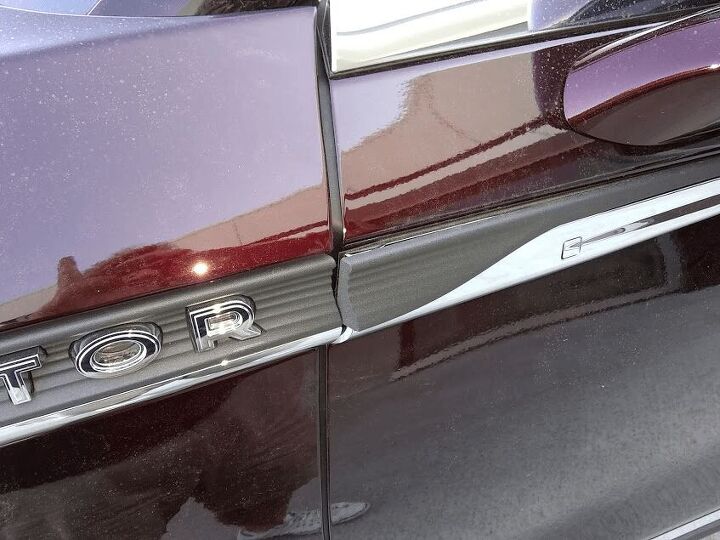

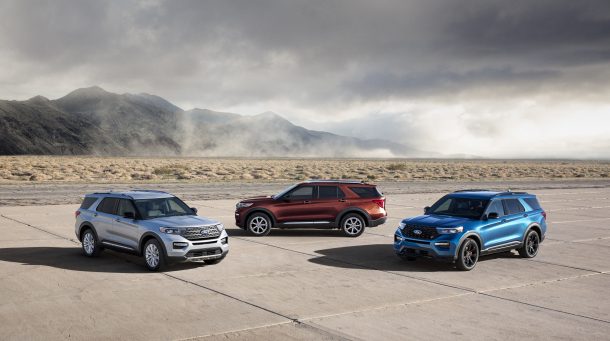
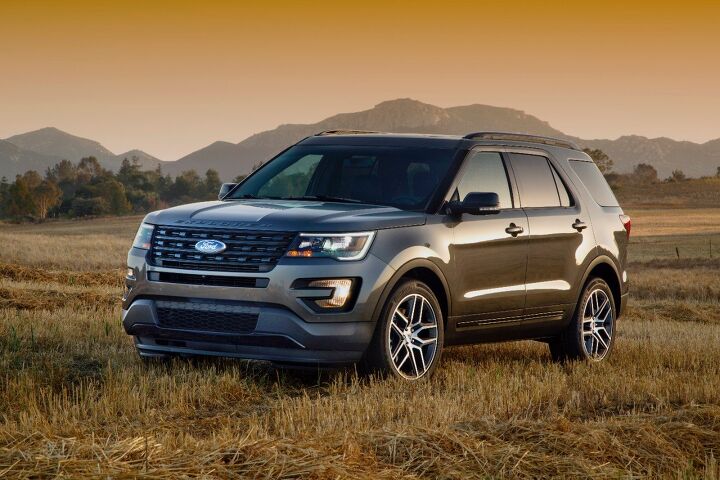
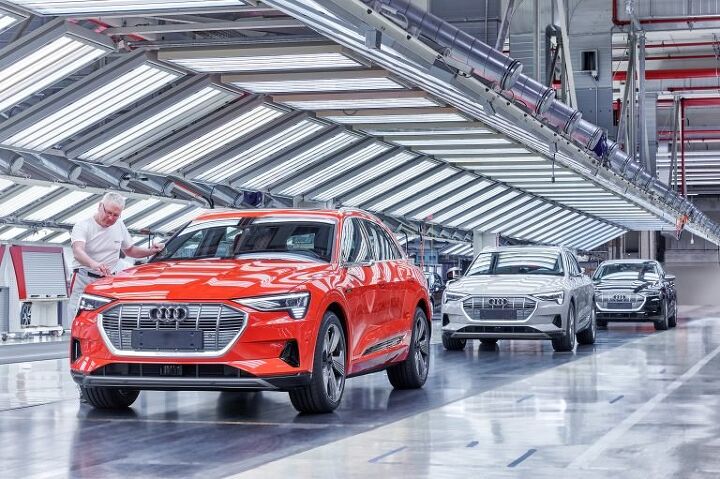
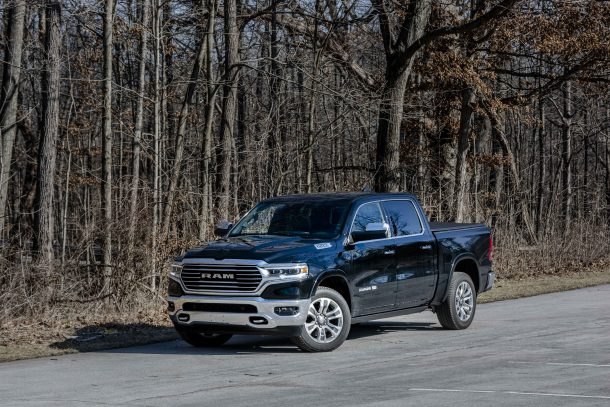
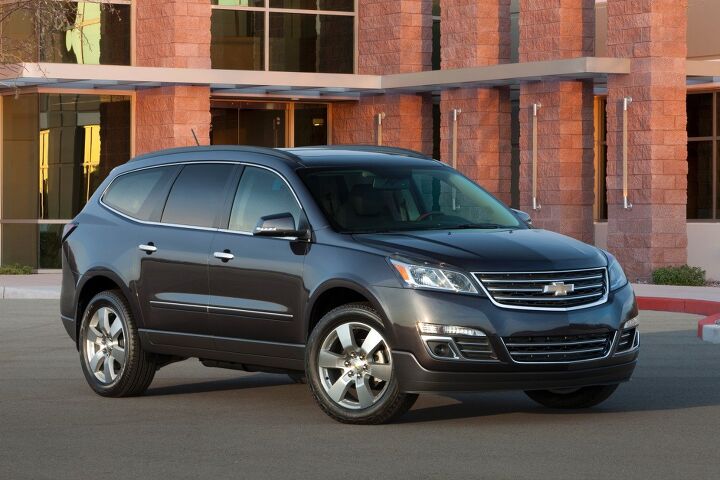

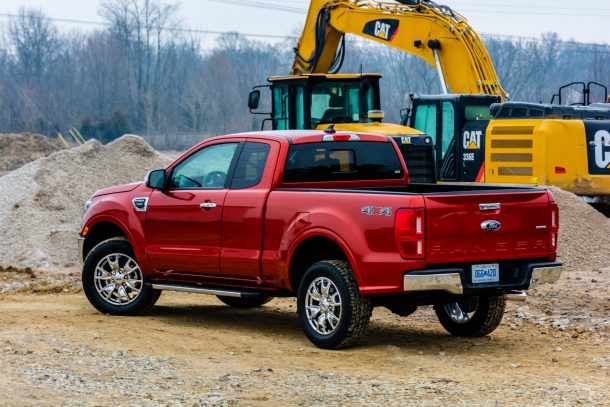

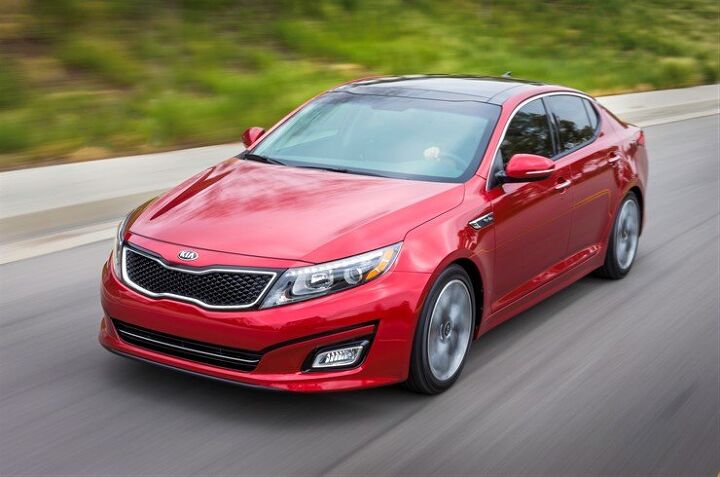


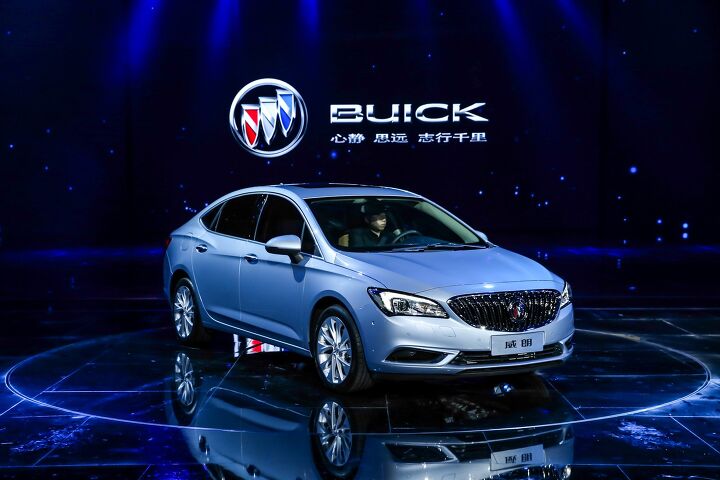












Recent Comments